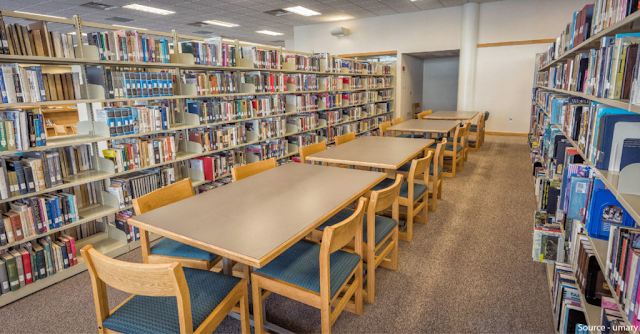A few years ago #UGC came up with a regulation of having #mandatory journal publications for #PhD scholars. Most likely the intention of #UGC was to encourage the relevance of the research work done through the process of thorough peer-review and quality check. Consequently, the ordinances of PhD for several public (and perhaps private) Universities were modified to account for this requirement.
However, people found several #loopholes in this #regulation. The positive intention of #UGC resulted in the rise of several #predatory j#ournals. It turned out that in these journals the papers were indeed #open #access, but without the customary and thorough peer-review. Interestingly, new terminologies of #paid and #unpaid journals were noted in #academia.
Eventually, this turned into an industry, until pretty recently there was a list of several journals which were taken off the UGC care list. It was found out (also by me), through thorough SCOPUS and Web-of-Science based investigation there several predatory publishers used the ISSN numbers of no-more-existent journals to cut a video demonstrating their existence in the SCOPUS list.
Recent reports suggest that the requirement of #publication of research papers would be removed in the near future. Several academicians of top-ranking institutes are rueing this decision.
It is really a dilemma, but is there an ethical solution to this issue?
The UGC might consider developing a panel of "well-qualified" researchers e.g. from IITs, IISc, IISER, NITs and other institutes desiring involvement, for peer-reviewing the research work. Every student who would be working for the research degree will have the opportunity to visit an institution, where he / she may present the work, and look for evaluation and if possible upgradation.
This process of peer review may be divided into three (or even more) different categories - scientific validity, statistical validity and technical validity. I am suggesting a feature like ArXIV where a researcher may upload the work, and get it peer-reviewed and commented on.
This process will surely require an honor code, since this process is not fool-proof against possible misuse. Let us assume that 95% of the people would be fair, and safeguards shall be required for the protection of the Intellectual Property Rights.
I hope this madness against blaming the system for everything stops and constructive processes begin regarding the evaluation and value addition of the work starts.
#research #publications #people #quality #like #opportunity #work #science #video #qualityassurance #intellectualproperty #universities #future

